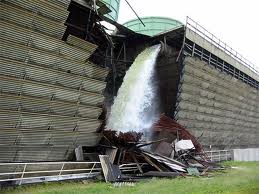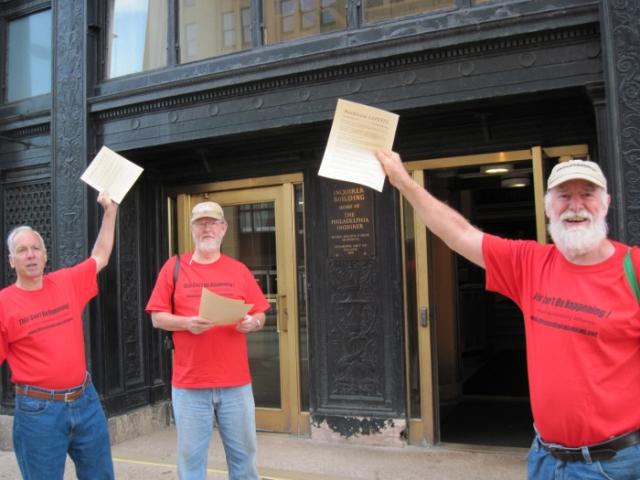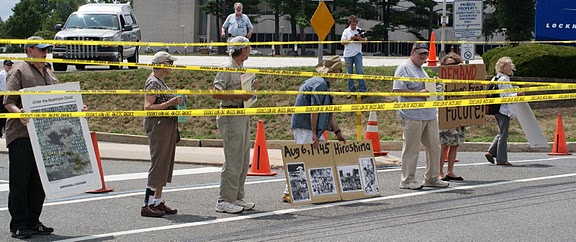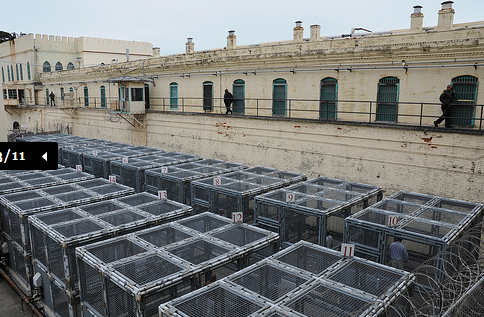Newfane, VT — A classic David vs. Goliath battle is taking shape in the courtroom and in the streets and fields of Vermont as Entergy Nuclear of Louisiana tries to overturn Vermont law in the federal courts.
The state has thoughtfully and repeatedly voted no to the extension of Entergy’s Vermont Yankee nuclear reactor’s license, which is due to expire on March 21, 2012. Results of Town Meeting votes, a 26-4 vote by the Vermont Senate, and a pivotal gubernatorial race all have shown that the state does not see Vermont Yankee as a reliable or economical partner for its energy future. Forty years’ accumulation of radioactive waste on the banks of the Connecticut River is enough.
Entergy was stunned when their corps of high-priced lobbyists failed to prevail at the statehouse, but they are counting on their high-powered legal team to carry the day for them in the favorable atmosphere of the federal court system–packed as it is these days with judges named by Reagan and two Bushes. And even though the Supreme Court claims to support the concept of states’ rights, it is not clear that that bias will over-ride their love for corporate personhood/rights. Meanwhile, their distaste for so many things that Vermont, (as personified by its socialist Senator Bernie Sanders), stands for and represents are likely to override any professed passion for states’ rights, which tend to coincide with right-wing issues. So although the state government has taken all appropriate action (and continues to do so in the courts), it ultimately may have to be the power of the citizens who will have to shut down this leaky, decrepit reactor as scheduled.
Secretary of Energy Steven Chu made clear on NPR what it is that citizens need to do, when he explained that the Yucca Mountain nuclear waste dump project was abandoned because of “concerted, growing, local opposition”.
Vermonters are not taking a wait-and-see approach. With their neighbors from New Hampshire and Massachusetts, they are organizing a movement. They promise to close down the plant by direct action if it continues to operate past March 21, 2012. Activists are discovering that support for direct citizen action is growing throughout the region. From senior citizens to harried single moms, people are volunteering and vowing to get arrested or whatever else it will take to close down the reactor. Non-violent civil disobedience training sessions are being conducted throughout the region and organizers are working in a variety of ways to build a region-wide movement.
 The Vermont Yankee plant, one of America's oldest, is a decrepit, leaking relic, but its owner wants to keep it running anyhow
The Vermont Yankee plant, one of America's oldest, is a decrepit, leaking relic, but its owner wants to keep it running anyhow








